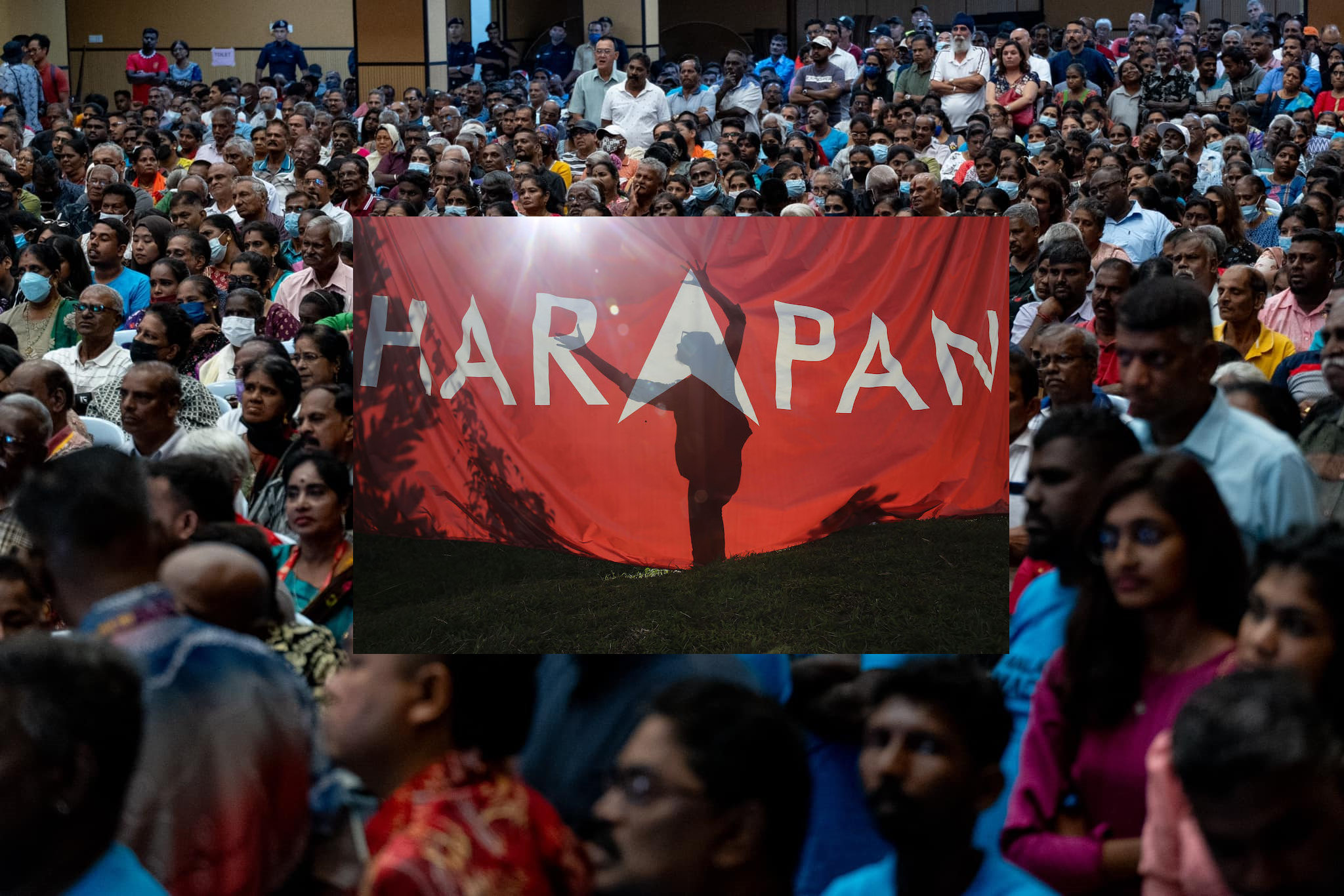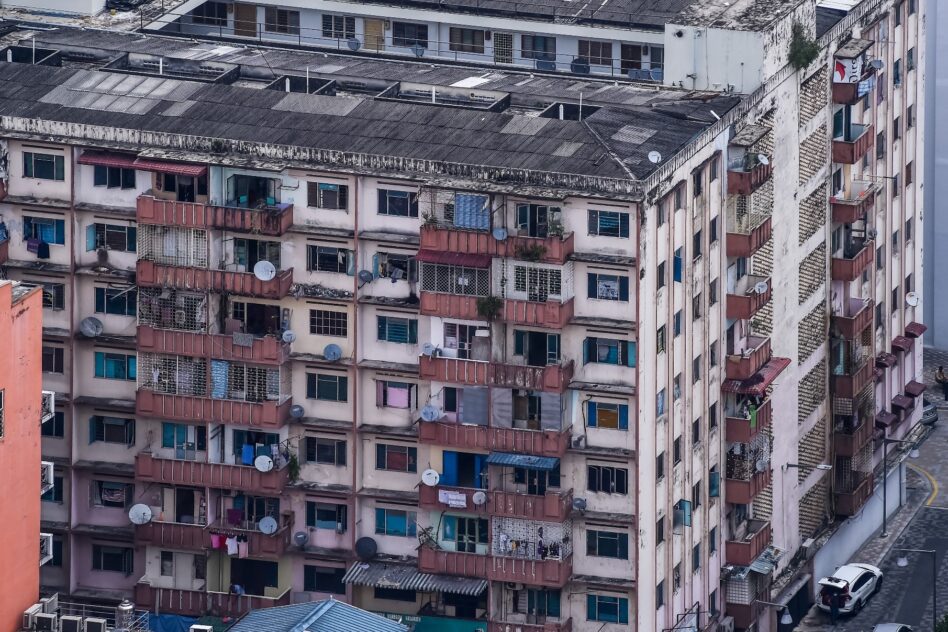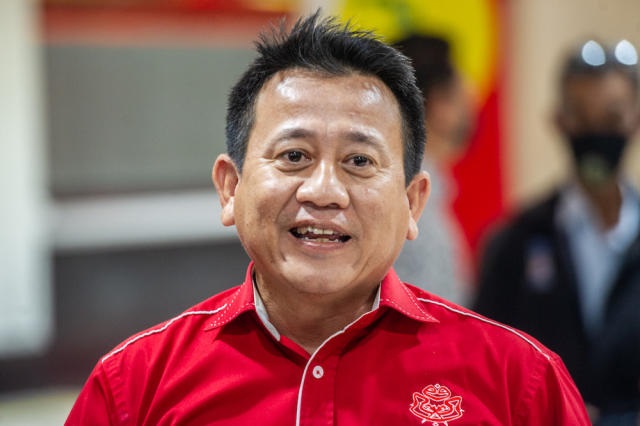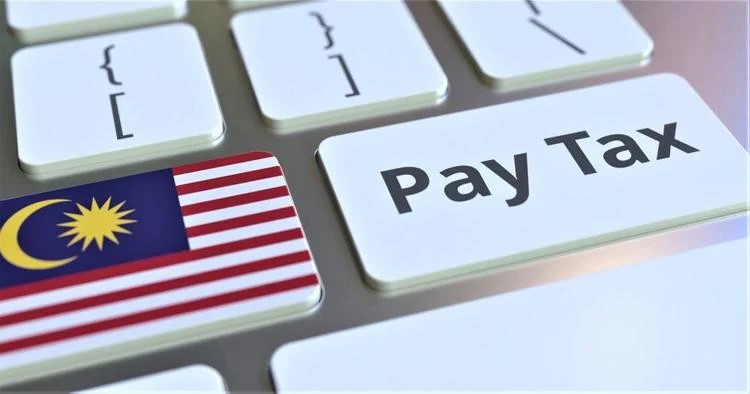THE Indian community in Malaysia – officially constituting 6%–7% of the population of approximately 33 million – continues to face systemic marginalisation under a hegemonic racial and religious order.
The population, predominantly Tamils descendants of migrant labourers from Tamil Nadu, is often collectively referred to as Indians.
Despite being citizens for four to five generations, the community struggles against entrenched preferential policies favouring the Bumiputra (ethnic Malays and other natives).
While Indians demand equal citizenship rights, successive governments, including the current Madani administration under Prime Minister Datuk Seri Anwar Ibrahim, have failed to deliver substantive reform.
Anwar’s symbolic gestures such as singing Tamil songs are viewed as superficial attempts to garner Indian support. His government has not only failed to appoint an Indian to a Cabinet-level position – a long-standing tradition – but also rationalised this omission by claiming a lack of qualified candidates.
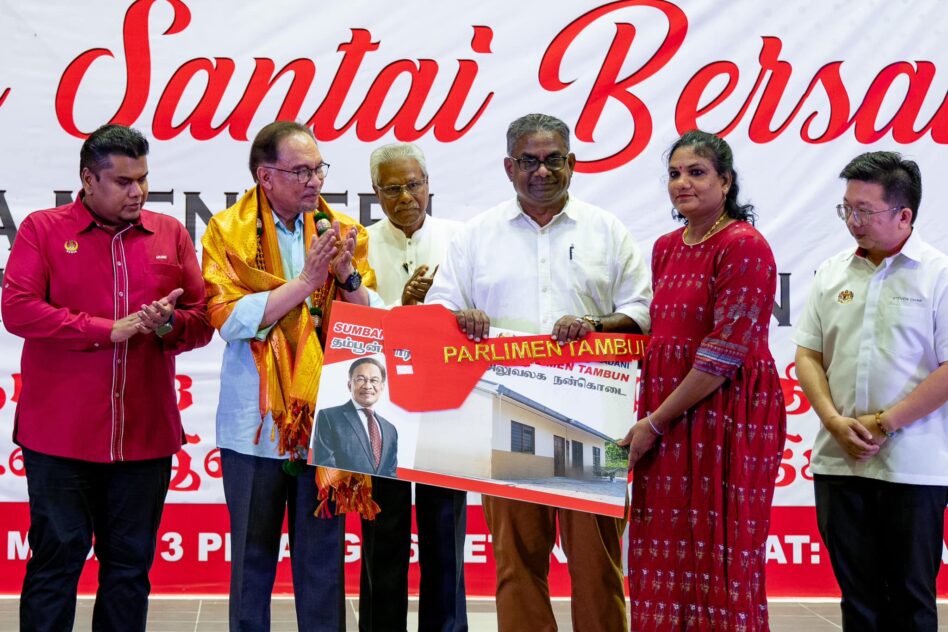
This justification might be valid if Anwar has appointed sycophants, appeasers and mandor in the government.
Even DAP that talks much about multi-racialism prefers to appoint a non-Tamil Punjabi to a ministerial position as though there are no qualified Tamils in the part. A former Tamil minister in DAP was appointed to the rank of a deputy minister.
Prolonged marginalisation
Designed to uplift the Bumiputera community, the New Economic Policy (NEP) has overwhelmingly benefited Malay political and administrative elites, perpetuating economic and social inequality.
The civil service is dominated by Malays with non-Malays, including Indians, making up a negligible fraction. Government allocations heavily favour the Bumiputera, leaving the Indian community with meagre resources.
The Indian community is given pittance in the form of annual grants. Even this allocation has been questioned as to whether the funds reach the affected members of the community.
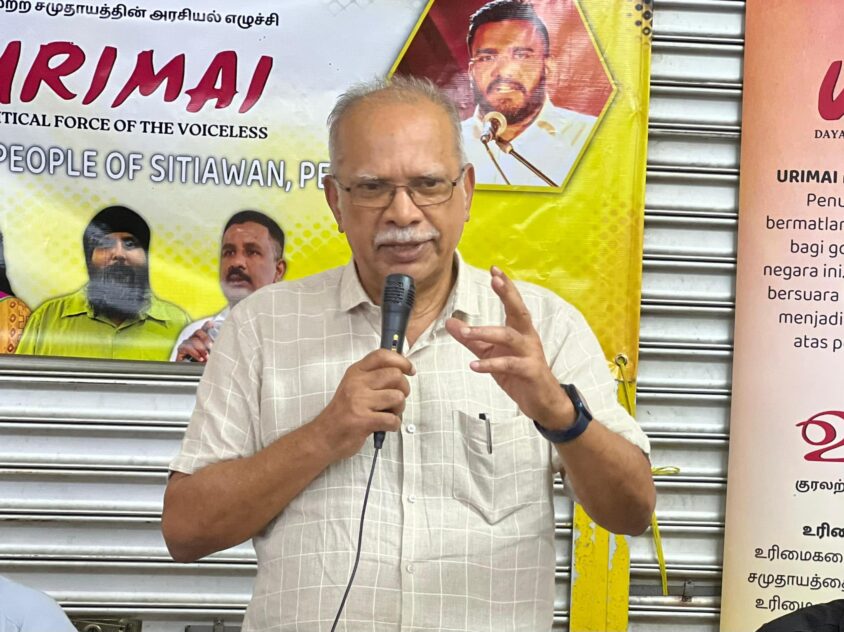
Despite historic contributions and sacrifices, Indians remain sidelined. They are often referred to as the forgotten people of Malaysia!
The MIC which traditionally represents Indian interests is now politically ineffective with no Cabinet representation despite being part of the coalition government.
Therefore, the emergence of the United Rights of Malaysian Party (Urimai) in response to this political void highlights growing discontent. However, the government’s reluctance to register Urimai reflects its fear of losing Indian support.
While the Madani government champions reform rhetorically, its actions suggest a focus on regime preservation rather than genuine structural change.
For the Indian community, this perpetuates a cycle of neglect and disenfranchisement, eroding trust in Malaysia’s commitment to equality and justice.
It is not that the discriminated communities cannot swing back like a pendulum to demand justice under propitious political, social and economic circumstances. As they say, too much push to the right might beget a counter move towards the left. – Dec 26, 2024
Former DAP stalwart and Penang chief minister II Prof Ramasamy Palanisamy is chairman of the United Rights of Malaysian Party (Urimai) interim council.
The views expressed are solely of the author and do not necessarily reflect those of Focus Malaysia.


